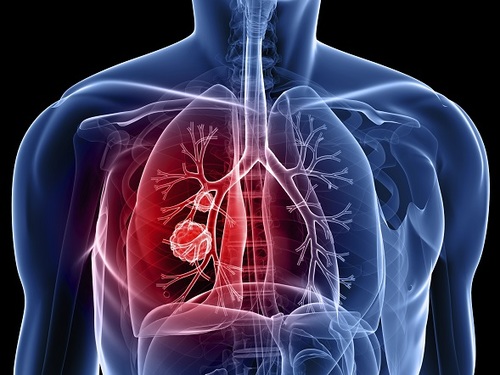Advanced non-small cell lung cancer patients are at significant risk of renal impairment during pemetrexed maintenance, which may jeopardise further lines of anticancer treatment, according to research published in the European Respiratory Journal.
In a prospective multicentre cohort study conducted in a standard hospital setting, 190 patients with stage IIIB/IV non-small cell lung cancer (NSCLC) were treated with pemetrexed.
In the primary cohort, 149 patients with advanced NSCLC who started first-line induction treatment with pemetrexed were enrolled. Of these, 44 patients received one or more cycles of pemetrexed maintenance treatment.
A second independent cohort consisted of 41 patients with advanced NSCLC who received one or more cycles of pemetrexed maintenance therapy after first-line induction treatment.
During maintenance, 13 patients in the primary cohort developed acute kidney disease (AKD), leading to chronic kidney disease (CKD) and treatment discontinuation in eight patients. A higher estimated glomerular filtration rate (eGFR) before maintenance and induction, and relative decline in eGFR during induction, were associated with AKD during maintenance.
Among the independent cohort, 20 patients developed AKD, leading to CKD in 11 patients and treatment discontinuation in six patients.
The results suggest that advanced non-small cell lung cancer patients are at risk for renal impairment during pemetrexed maintenance, which the authors say could jeopardise further lines of anticancer treatment.
Possible limitations to the study include its partially retrospective design, the lack of data on concomitant medication, and the relatively small number of patients.
René Boosman and Jacobus Adrianus Burgers discuss the findings of the study in more detail in an accompanying editorial published in the ERJ, and also look at the optimisation of chemotherapy in the era of immunotherapy.





